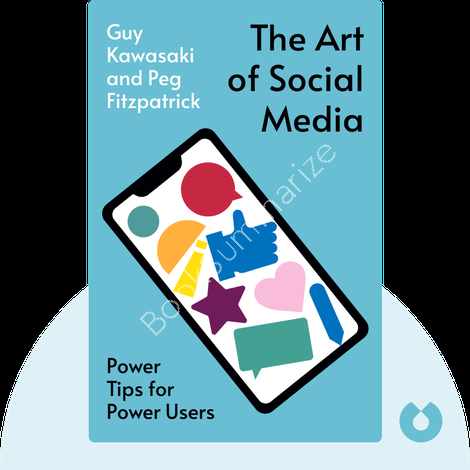
I Don't Agreesummary
Why we can’t stop fighting – and how to get great stuff done despite our differences
4 (256)
22 mins
Brief summary
"I Don't Agree" by Michael Brown dives into the complexities of faith, philosophy, and personal conviction. Through a blend of personal anecdotes and thought-provoking discussions, Brown explores the tension between differing beliefs and the quest for truth. Readers will find themselves drawn into meaningful conversations about acceptance, the importance of dialogue, and the resilience of personal beliefs in the face of dissent. The book encourages reflection on how disagreements can lead to deeper understanding, making it a valuable read for those seeking clarity in their convictions.
I Don't Agree
Summary of 5 key ideas
The Necessity of Disagreement in a Polarized Society
The Necessity of Disagreement in a Polarized Society
In his book, I Don’t Agree, Michael Brown emphasizes the importance of disagreement as a healthy part of dialogue, especially in today's increasingly polarized environment. He argues that rather than viewing disagreement as a conflict, we should see it as an opportunity for growth and understanding. Brown illustrates this with personal anecdotes where differing opinions led to richer discussions and greater insight.
This need for constructive dissent is rooted in the fact that a society thrives on multiplicity of thought. By engaging with divergent views, individuals can challenge their own beliefs, which can deepen their understanding and solidify their convictions. For example, Brown recounts his experiences in community forums where contentious issues like social justice and policy reform were discussed. These forums, he notes, did not shy away from conflict; instead, they embraced it as a means to empower participants to articulate their beliefs more clearly.
The author further highlights that true progress often emerges from debate and discussion, not consensus alone. When people engage earnestly with opposing viewpoints, they foster an environment conducive to innovation and collective problem-solving. Brown encourages readers to see disagreement not merely as friction but as a catalyst for meaningful dialogue that can lead to personal and communal advancement.
Key ideas in Emotions Revealed



What is I Don't Agree about?
I Don't Agree by Michael Brown explores the art of disagreement in a polarized world. Through insightful analysis and relatable anecdotes, Brown encourages readers to embrace constructive dialogue and understand differing perspectives. This book serves as a vital resource for anyone looking to foster empathy, enhance communication skills, and gain a deeper understanding of the complexities of opinion. With over a decade of experience in conflict resolution, Brown’s expertise shines through. Discover the power of agreement to transform your conversations and relationships.
Who should read I Don't Agree?
- Individuals seeking to strengthen their dialogue skills in diverse conversations
- Anyone navigating personal beliefs amidst conflicting viewpoints
- Educators looking to teach students the value of constructive disagreement
- Readers interested in exploring the interplay between faith and philosophy
Categories with I Don't Agree
Community also liked these summaries
It's highly addictive to get core insights on personally relevant topics without repetition or triviality. Added to that, the app's ability to suggest kindred interests opens up a foundation of knowledge.
BookSummarize has completely transformed the way I consume knowledge. Their audio quality is top-notch, and their content is curated with a focus on depth and relevance. Highly recommended!
The mission of BookSummarize to make the world full of knowledge is truly inspiring. Their platform is seamless and packed with insightful books and summaries. I’ve learned so much in such a short time.
BookSummarize is a game-changer for anyone who values personal and professional growth. The audio quality is crystal clear, and their content is engaging and informative. A must-have for lifelong learners.
The idea of spreading knowledge through BookSummarize is phenomenal. Their platform is user-friendly, and their book recommendations are spot on. Their commitment to quality is evident in every aspect.










































































































































































































































































































































































































































































































































































































































































































































































































































































































































































































































































































































































































































































